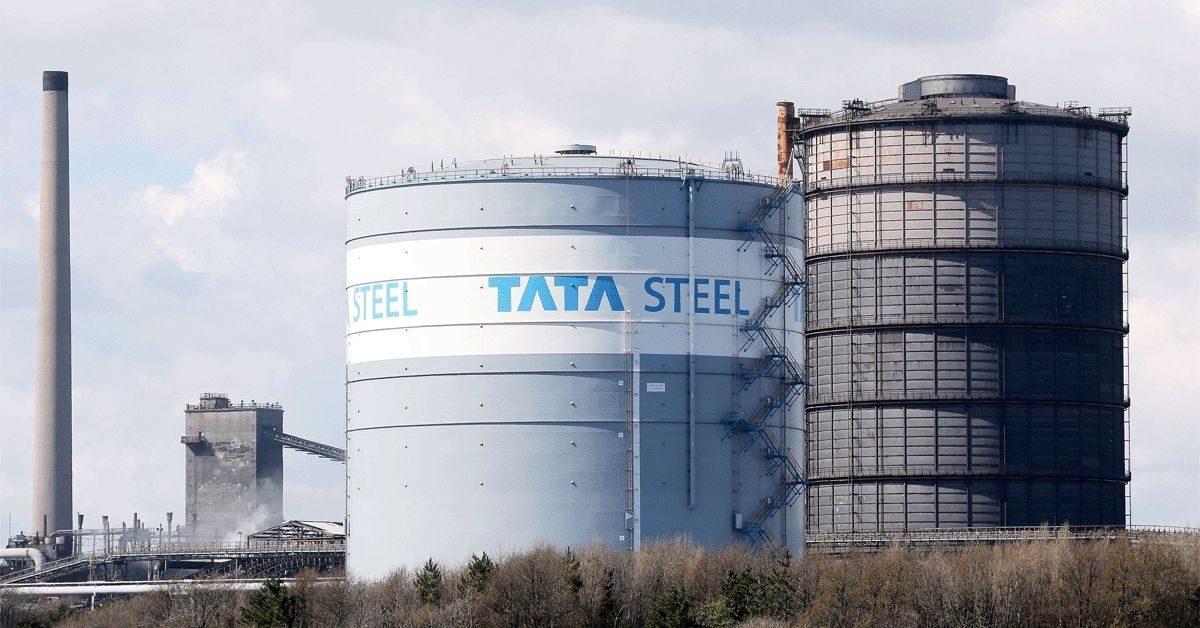“Steel prices have been volatile within a range over the last few month. Input costs continue to be quite high… [Higher coking coal prices] keeps a floor on the prices, and that’s why while there has been volatility, it had been range-bound at a higher end,” Tata Steel’s chief executive officer and managing director TV Narendran said in an earnings call last week.
Indian demand shrank by 2.3pc on the quarter due to seasonality and temporary weakness in various steel consuming sectors and it was supplemented by the semiconductor issue for passenger cars and commercial vehicles, the company said.
“We expect demand in India to be better in second half than first half… we expect the semiconductor issues to improve, and we are already seeing improvement in commercial vehicles [demand],” Narendran said. The company’s realisations will be higher by about 2,500 rupees/t ($34/t) in the third quarter than in second quarter, he said.
The company’s exports in the last two quarters stood at 16pc and will be around 12pc in this quarter as domestic demand picks up. “There are no real imports coming in… so to that extent, I think the Indian market in the second half should be able to absorb any diversion being done by the industry from exports to domestic markets,” Narendran said.
Indian steel companies have been catering to the export market amid weaker domestic demand as the second wave of Covid-19 earlier this year and monsoons kept activity muted.
The company’s coking coal costs this quarter will increase by about $100/t from last quarter.
India has become the biggest importer of coking coal in the world, Narendran said, adding “We see [coking coal prices] more in the $350-400/t range for some time because it’s not a very liquid market, and any small interruption, any weather disturbance etc, pushes up the prices. And with steel production growing in the rest of the world, including in India, the demand continues to be quite strong.” Coking coal constitutes about 40pc of the total company’s costs.
The Argus premium low-volatile hard coking coal index was $402/t cfr India on 15 November, after it rose to a record peak of $437.75/t on 23 September.
Narendran also said China is no longer a disruptor in the international market as its steel exports have been below 5mn t. While the company will watch China’s impact on iron ore and coking coal prices, it will be less worried about them flooding markets with cheap exports as it cuts output and discourages exports over the medium and long term given Beijing’s net zero goals by 2060.
China aims to keep its 2021 production levels unchanged from last year as it curbs steel output to tame carbon emissions.
China’s January-October crude steel output dropped by 0.7pc to 877mn t, while exports during the same period expanded by 29.5pc to 58mn t on the year on post-Covid demand recovery globally.
Tata Steel’s project in Kalinganagar has picked up steam following a slowdown during the second Covid wave. A 6mn t pellet plant and a pickling line and tandem cold mill will be commissioned in the second quarter of the next financial year ending March 2023.
The company also won the Gandhalpada iron ore mine located in Odhisa in the second quarter that has 350mn t in reserves that will secure the supply of the raw material beyond 2030. The low alumina ore at the mine would lower carbon emissions and the proximity to the company’s 100mn t Kalamang mine will help in extracting more value, Narendran said.
The company recently commissioned a shredder in its 0.5mn t recycling plant in Rohtak, Haryana and has produced about 60,000t of recycled steel. Tata plans to set up 5mn t of recycle capacities across India and is looking at sites in the northwest and southern India where scrap is available.
The Argus domestic India hot-rolled coil (HRC) index stood at 70,000 rupees/t ($940/t) on 12 November, up by 56pc from a year earlier while the Argus cfr Asean HRC index stood at $851/t yesterday, up by 50pc on the year.
Source : Argus Media






